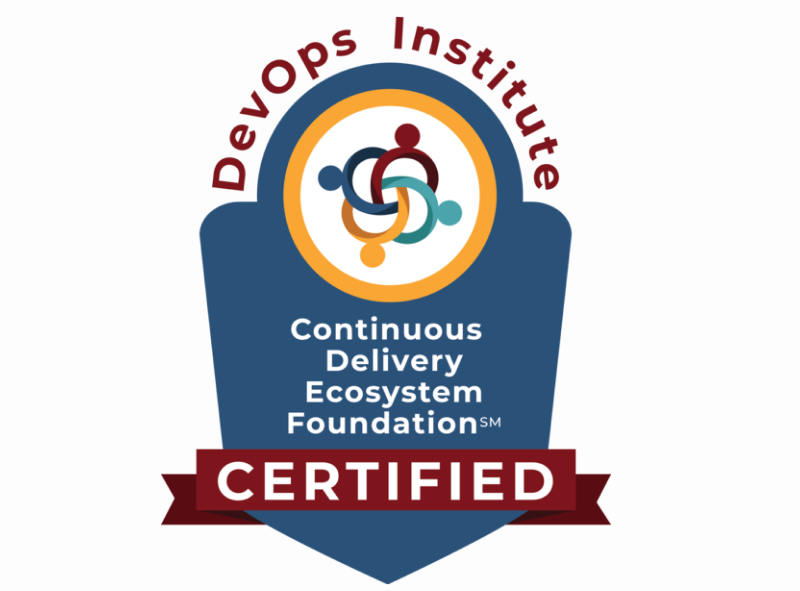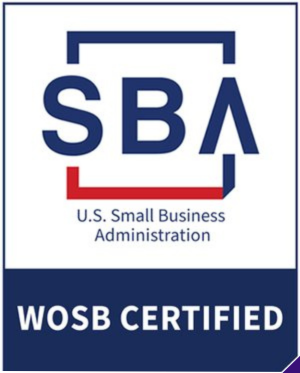DURATION: 16 Hours
OVERVIEW
This course is designed for participants who are engaged in the design, implementation, and management of DevOps deployment pipelines and toolchains that support Continuous Integration, Continuous Delivery, Continuous Testing and potentially Continuous Deployment. The course highlights underpinning processes, metrics, APls and cultural considerations with Continuous Delivery.
Key benefits of Continuous Delivery will be covered including increased velocity to assist organizations to respond to market changes rapidly, thus being able to outmaneuver competition, reduce risk and lower costs while releasing higher quality solutions. Increased productivity and employee morale by having more activities performed by pipelines instead of humans so teams can focus on vision while pipelines do the execution.
Built upon the principles and practices highlighted in bestselling books such as “Continuous Delivery,” “Accelerate: The Science of Lean Software and DevOps: Building and Scaling High Performing Technology Organizations,” and more written by thought leaders in the DevOps movement. The Continuous Delivery Ecosystem Foundation course equips IT professionals with the broad-based competencies necessary in architecting and orchestrating effective and efficient automated deployment pipelines.
The course materials will include practical artifacts, templates, and lexicons collected by the author, Marc Hornbeek to assist learners post-class.
This certification positions learners to successfully complete the Continuous Delivery Ecosystem Foundation (CDEF) exam.
COURSE OBJECTIVES
The learning objectives for CDEF include a practical understanding of:
-
Goals, history, terminology, and pipeline
-
The importance, practices, and transformation of a DevOps collaborative culture
-
Design practices, such as modular design and microservices
-
Continuous Integration (Cl), such as version control, builds, and remediation
-
Tenets and best practices of Continuous Testing (CT)
-
Recognize the various languages and tools used to communicate architectural concepts.
-
Contrast the options used to build a DevSecOps infrastructure through Platform as a Service, Server-less construction, and event-driven mediums
-
Continuous Delivery and Deployment (CD): packaging, containers, and release
-
Continuous Monitoring (CM): monitoring and analysis infrastructure, process, and apps
-
Infrastructure and tools: frameworks, tools, and infrastructure as code
-
Security Assurance: DevSecOps
-
The opportunity to hear and share real-life scenarios
LEARNER MATERIALS
-
Sixteen (16) hours of instructor-led training and exercise facilitation
-
Digital Learner Manual (excellent post-class reference)
-
Participation in exercises designed to apply concepts
-
Sample documents, templates, tools and techniques
-
Access to additional sources of information and communities
AUDIENCE
The target audience for the Continuous Delivery Ecosystem Foundation course is anyone interested in learning about the principles of Continuous Integration and Continuous Delivery, such as:
-
Build Engineers
-
Enterprise Architects
-
IT Managers
-
Maintenance and Support Staff
-
Operational and Infrastructure Teams
-
QA Managers
-
Release Managers and Engineers
-
Software Developers
-
Security Professionals
-
Testers
PREREQUISITES
An understanding and knowledge of common DevOps terminology and concepts and related work experience are recommended.
CERTIFICATION EXAM
Successfully passing (65%) the 60-minute examination, consisting of 40 multiple-choice questions, leads to the candidate’s designation as a certified DevOps Continuous Delivery Ecosystem Foundation (CDEF). The certification is governed and maintained by the DevOps Institute.
Class Timming:
- 3 Days
Certification:
- DevOps Continuous Delivery Ecosystem Foundation (CEF)
Certification Body:
- DevOps Foundation
Languages :
- English









